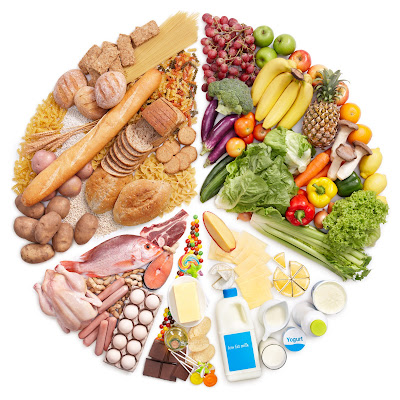What is the Best Way to Lose Weight Fast? Exploring Pros and Cons
Pros of Losing Weight Fast:
- Quick Results: One obvious advantage is the rapid visible change. Shedding pounds
quickly can provide a sense of accomplishment and motivation to continue
on your weight loss journey.
- Increased Motivation: Seeing immediate progress can boost
confidence and motivation, making it easier to adhere to a weight loss
plan.
- Health Improvements: Rapid weight loss may lead to
improvements in certain health markers, such as reduced blood pressure and
improved blood sugar levels.
- Jumpstart to a Healthy Lifestyle: Fast weight loss can serve as a catalyst
for adopting healthier habits, including a nutritious diet and regular
physical activity.
Cons of Losing Weight Fast:
- Muscle Loss: Rapid weight loss often involves losing muscle mass along with fat.
This can negatively impact metabolism and lead to a less toned appearance.
- Nutrient Deficiency: Extreme dieting may result in
inadequate intake of essential nutrients, leading to deficiencies and
health issues.
- Loss of Water Weight: A significant portion of fast weight
loss is often water weight. Once normal eating patterns resume, water
weight can quickly return.
- Metabolic Slowdown: Drastic calorie reduction can slow down
metabolism as the body adjusts to lower energy intake, making it easier to
regain weight when normal eating resumes.
- Gallstone Formation: Rapid weight loss can increase the risk
of gallstone formation, particularly in individuals losing weight very
quickly.
- Potential for Nutritional Imbalance: Crash diets or extreme weight loss
methods may lack the necessary balance of macronutrients and
micronutrients, leading to health issues.
The Best Way to Lose Weight:
Rather than
focusing solely on speed, the best way to lose weight involves a balanced and
sustainable approach:
- Gradual Changes: Aim for a moderate calorie deficit through a balanced diet and
regular exercise. This promotes fat loss while preserving muscle mass.
- Nutrient-Rich Diet: Prioritize whole, nutrient-dense foods
to ensure you receive the essential vitamins and minerals your body needs
for optimal function.
- Regular Physical
Activity:
Incorporate both cardio and strength training exercises into your routine
to support overall health and maintain muscle mass.
- Adequate Hydration: Drink plenty of water to stay hydrated,
support metabolism, and avoid confusion between thirst and hunger.
- Quality Sleep: Ensure you get enough sleep, as it plays
a crucial role in weight management and overall well-being.
While quick fixes may provide immediate results, the cons often outweigh the pros in the long run. Sustainable and gradual weight loss not only yields lasting results but also promotes overall health and well-being. Always consult with a healthcare professional or a registered dietitian before making significant changes to your diet or exercise routine.



Comments
Post a Comment